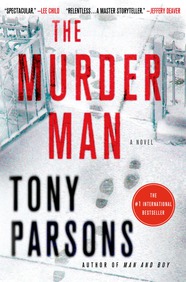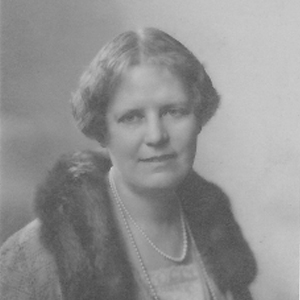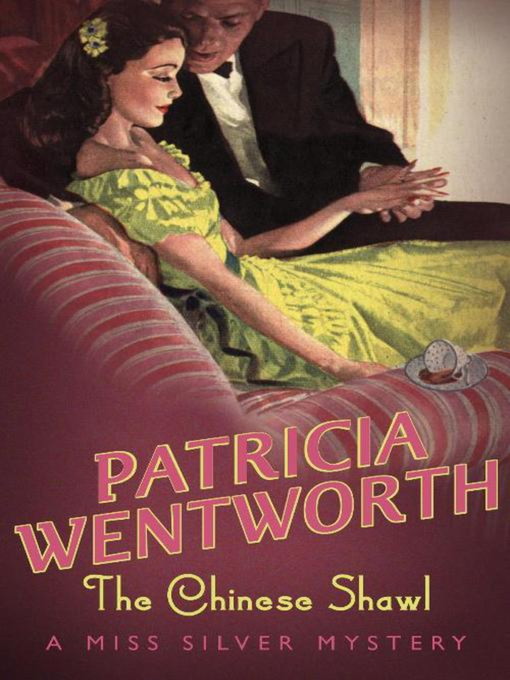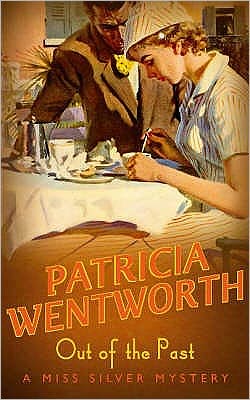 The Murder Man is the first crime novel by well-known British journalist and author Tony Parsons. If you're familiar with his work, you'll see that some patterns are repeated, among them that the protagonist is the single father of a young child.
The Murder Man is the first crime novel by well-known British journalist and author Tony Parsons. If you're familiar with his work, you'll see that some patterns are repeated, among them that the protagonist is the single father of a young child.Detective Constable Max Wolfe lives across from London's Smithfield Market with his five-year-old daughter, Scout, and their new Cavalier King Charles Spaniel puppy, Stan. (Conventional wisdom is that the ideal dog name is two syllables, with a vowel ending, but I love the idea of a cute little sad-eyed, long-eared spaniel named Stan.) Father and daughter are close, Stan is learning about his new home, and all is well, except for the absence and sadness that can sometimes be heard softly echoing around their loft apartment's large spaces.
On the job, Max is a bit of a maverick. But not maverick as in the alcoholic, self-destructive, villain-whispering genius we see so often in today's crime fiction. Max is just a very good cop who sometimes lets his humanity and his inborn sense of duty make him a little bit deaf to orders and the rule book. Just enough of a maverick to have made it seem like a good idea to him to transfer out of anti-terrorism to homicide, to London's West End Central station on the famed Savile Row.
It looks like Max has landed in a good place, with congenial colleagues and a good mentor-type guv'nor, Detective Chief Inspector Malory. His first day on the new job is a shocker, as the team is called to the scene of a homicide in the high-rise office of a posh banking executive, where they find him dead from a brutal, but expertly-applied throat cutting.
Once similar killings reach the magic number of three, we have a serial killer, which not only changes the priority of the investigation, but sends the news outlets and the social media into an orgy of 24-hour coverage. The victims are sons of privilege, which is a wonderful hook for the news stories, websites and tweets, who characterize this as kill-the-rich class warfare and whip the public into an almost celebratory frenzy over the killer the cynical media are calling Bob the Butcher.
Because author Parsons begins the book with a short prologue from 1988––a scene of appalling sexual violence––we know the "whydunnit" of this mystery before the detectives do. This is a daring choice by Parsons, because it could make the reader feel the sleuths are slow on the uptake. But that doesn't happen here. Max and his team are smart and capable, quick on the scent.
 |
| Both Tony Parsons and Max Wolfe like to relax with a spot of sparring |
 |
| Tony Parsons, back in his rock-and-roll journalism days. Yes, that's The Boss, Bruce Springsteen, on the right. |
Both writers have developed very human protagonists who are out of the usual run of hard-drinking own-worst-enemy types. Both authors' crime fiction is character-driven, with a great sense of place, and incorporate commentary about modern society. I think most people who enjoyed Rowling's The Cuckoo's Calling and The Silkworm will be likely to enjoy the grittier The Murder Bag––assuming they can get through that prologue.
I'm thrilled to hear that Parsons plans two more books featuring Max Wolfe. I can guarantee they'll be on my pre-order list.
Notes: I listened to the audiobook of The Murder Bag, read by Colin Mace, who raised the level of the book even higher. After the short prologue, the book is told in first person by Max, and Colin Mace embodied that character perfectly.
Versions of this review may appear on Amazon, Goodreads, BookLikes and other reviewing sites under my usernames there.











